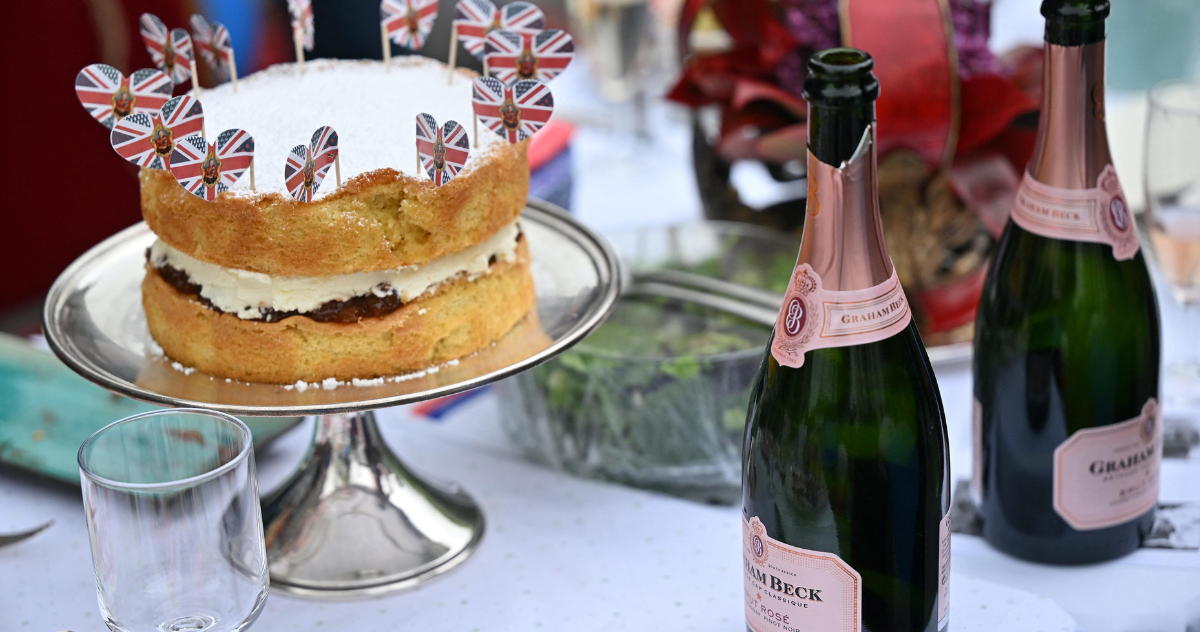UK ( Parliament Politics Maganize ) As we approach what is expected to be the warmest year on record, the impact of climate change is reshaping industries worldwide. The winemaking business, tethered to specific regions, faces significant challenges as extreme weather affects grape yields and quality. Traditional wine powerhouses like Italy are experiencing drops in production.
Rising Temperatures Make Britain the Surprising Victor in the Changing Landscape of Winemaking Amid Climate Change
However, amidst this evolving dynamic in the wine industry, an unexpected champion emerges. Britain, with a viticulture history dating back to the 11th century, has historically lagged behind its European counterparts due to less-than-ideal grape-growing conditions. Yet, as global temperatures rise, the U.K. is experiencing a transformation.
Formerly unsuitable weather for grape cultivation is becoming more favorable, leading to the flourishing of a burgeoning winemaking industry. The warmer climate allows for the improved ripening of British grapes, resulting in higher-quality wines and positioning Britain as a noteworthy player in the world of winemaking.”
According to Jonathan White, the marketing director at Gusbourne Estates, a vineyard in Kent and West Sussex, English wine has historically suffered from a less-than-favorable reputation.
The Changing Landscape of Winemaking Amidst Climate Change
In an interview, White explained that the quality of English wine was subpar, lacking the expertise of skilled wine professionals and viticulturists. However, with the strategic planting of the right grape varieties and the assistance of warmer temperatures, the winemaking industry has experienced a newfound acclaim.
Nick Watson, the head of viticulture at Strutt & Parker, a U.K.-based real estate advisory, noted a significant surge in interest in the British wine sector. In a June report, Watson revealed that over the past 12 months, the number of inquiries regarding buying or establishing vineyards has tripled.
The country has witnessed an 80% increase in the number of vineyards over the last six years, totaling over 900, accompanied by a similar growth in acres under production. While these figures may pale in comparison to some of the EU’s wine capitals, Britain is successfully carving out a niche for itself in an industry historically dominated by longstanding hubs.”
Climate Change’s Impact on the Global Wine Industry: A Gradual Shift
The influence of climate change on the wine industry has been both gradual and noteworthy. In France, unpredictable weather patterns have been reshaping the sector for several years, impacting the quality of harvested grapes. Recent data from Copa-Cogeca, a European farming lobby, revealed an 8.6% and 11.92% decrease in wine harvests in Portugal and Italy, respectively.
However, despite concerns about potential wine shortages, Europe faces a persistent surplus known as the “wine lake.” To address this, the French government has allocated $200 million to dispose of excess wine and support producers grappling with plummeting prices and declining demand.
Amidst the challenges posed by climate change, Britain has emerged as a beneficiary. Linda Johnson-Bell, a wine expert and founder of The Wine and Climate Change Institute (TWACCI), explained to Fortune that Britain’s current climate resembles that of Bordeaux or Champagne in the 1970s and 1980s, contrasting with the unpredictable conditions affecting French regions today.
Read More: Outage of Microsoft Azure Services in the UK and Europe Disclosed
Navigating the Complexities of the Wine Business: From Vines to Capital
Beyond climate considerations, the British wine industry’s expansion is facilitated by a less formal regulatory framework. In Europe, stringent regulations govern wine production, specifying grape varieties for particular formulations and dictating the use of specific caps for sparkling wine bottles.
Thriving in the wine business is no small feat, requiring years of dedicated vine care before grapes can be harvested and transformed into consumable alcohol. As emphasized by Watson, the industry is highly capital-intensive, involving significant expenditures such as the acquisition and management of extensive land to ensure its suitability for vine cultivation.
“When you consider all these factors, the areas ideal for viticulture are actually smaller than one might imagine,” he noted. “The demanding cash flow makes it a costly venture to enter.”
The driving force behind the growth of the British wine industry—climate change—is rapidly evolving. Johnson-Bell, engaged in international projects exploring climate change’s impact on wine production, recognizes a substantial window of opportunity. However, she also acknowledges the challenge of this window shrinking due to the swift pace of climate change.
“The significant issue is that the viable period for a grape variety is becoming shorter and shorter,” she explained, advising clients to cultivate grape varieties adaptable to warmer climates. “The real challenge lies in future-proofing this industry.”


